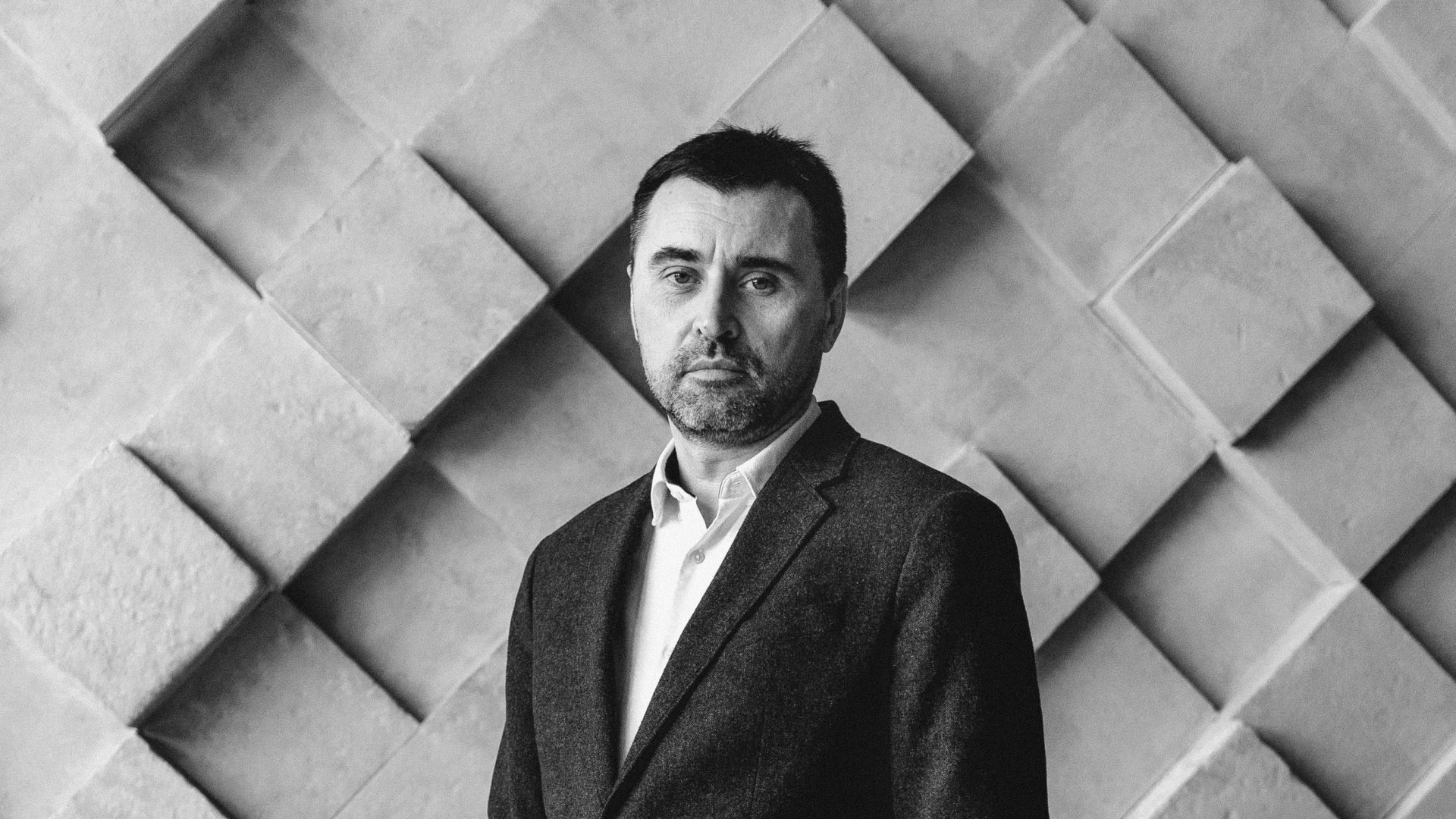This article can be read in Ukrainian via Human Rights House Crimea.
After fleeing Sevastopol in 2014 following the illegal annexation of Crimea, Zayets and his wife decided to live in Irpin, believing that it would be a safe place to raise their family: “The assumption was that this is a place that Russia wouldn’t be able to reach.”
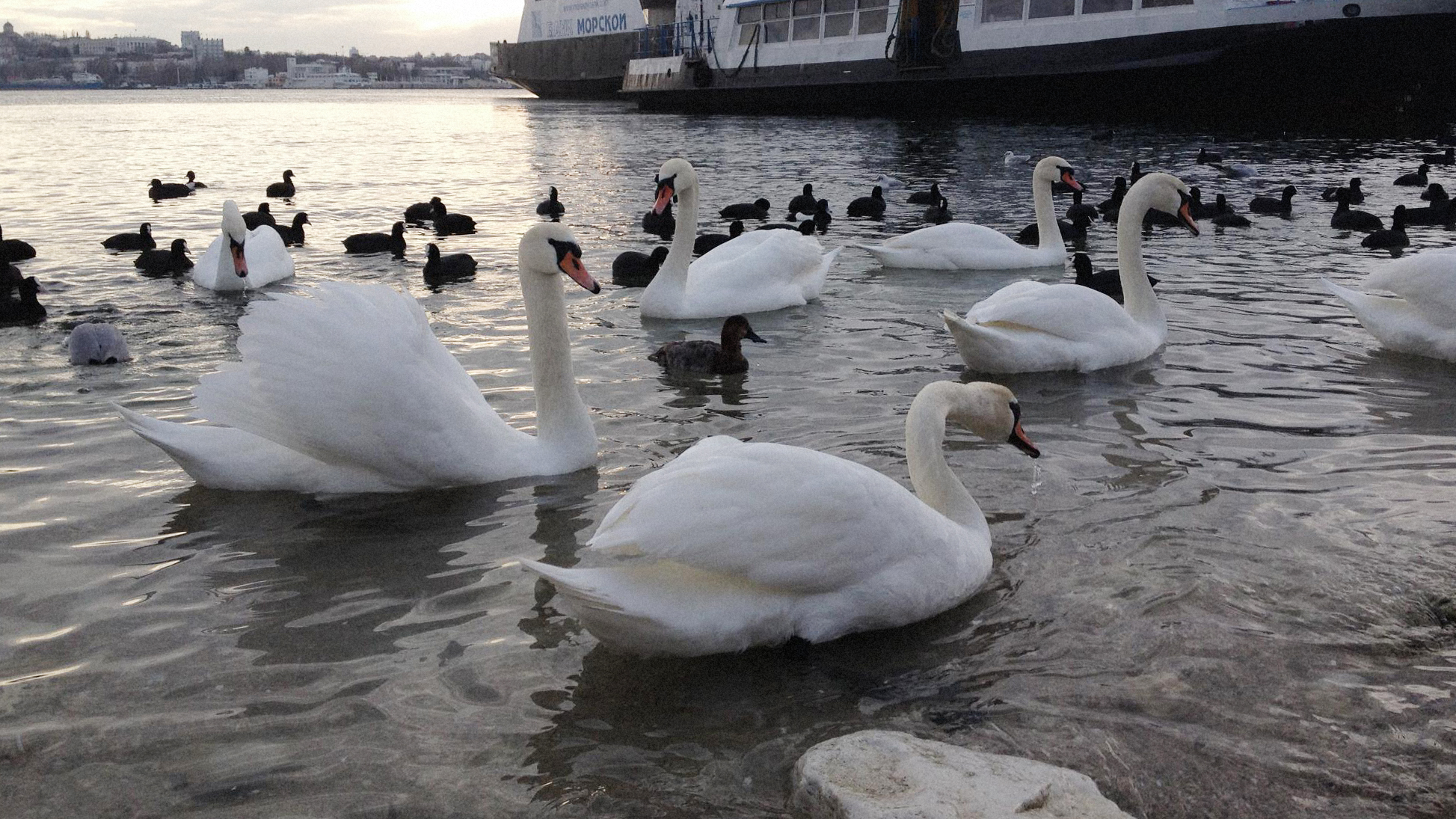
The 30-hour rule and becoming an IDP for the second time
The start of the full-scale Russian invasion made Zayets and his family IDPs for the second time.
“[Russia] synchronised all of Ukraine with missile attacks. The whole country woke up at the same time, the whole country began to move.”
“Many people at the very start of the full-scale invasion tried to escape [from Kyiv] to places like Irpin and Bucha, believing that they would be a lot safer.”
“A typical reaction of people who have been displaced in 2014 was that no one expected anything similar to what happened in the days [following the start of the full-scale invasion]. However, as soon as [Russian] planes were flying low above our home and landing at Hostomel airport, we decided to leave – we actually left that same day.”
The normal indicators of war that tell civilians when it is time to leave were not applicable. There was only the 30-hour rule – that’s how much time civilians had to leave before what [took place] in Bucha and Irpin.
It took Zayets, his father, his wife and two children four days to reach Lviv, where they still live today. Their home in Irpin survived with damage “broken windows and the hole in the roof is fine in comparison with the overall damage in the city”.
Shifting focus full-time to human rights
Following his displacement from Crimea in 2014, Zayets shifted his professional focus, becoming a full-time human rights lawyer, expert and educator. Since then, he has represented Crimean political prisoners at the European Court of Human Rights (ECHR) and works on building unique cases related to the occupation and the full-scale Russian invasion of Ukraine.
“I was also a human rights lawyer before 2014 – illegal deprivation of liberty, investigation of circumstances of death, non-political, ordinary [cases], but it was only a part of my professional interest, and I mostly worked as an ordinary lawyer. Starting from 2014 my work related to human rights became a full-time commitment.”
Zayets is also a human rights educator and national expert with the Ukrainian Helsinki Human Rights Union (UHHRU, a member organisation of Educational Human Rights House Chernihiv) and the Council of Europe. He co-authored the recently published guidelines for Ukrainian authorities on the application of the European Convention on Human Rights during an emergency.
Zayets works on various human rights issues but focuses primarily on the context of the illegal occupation of Crimea.
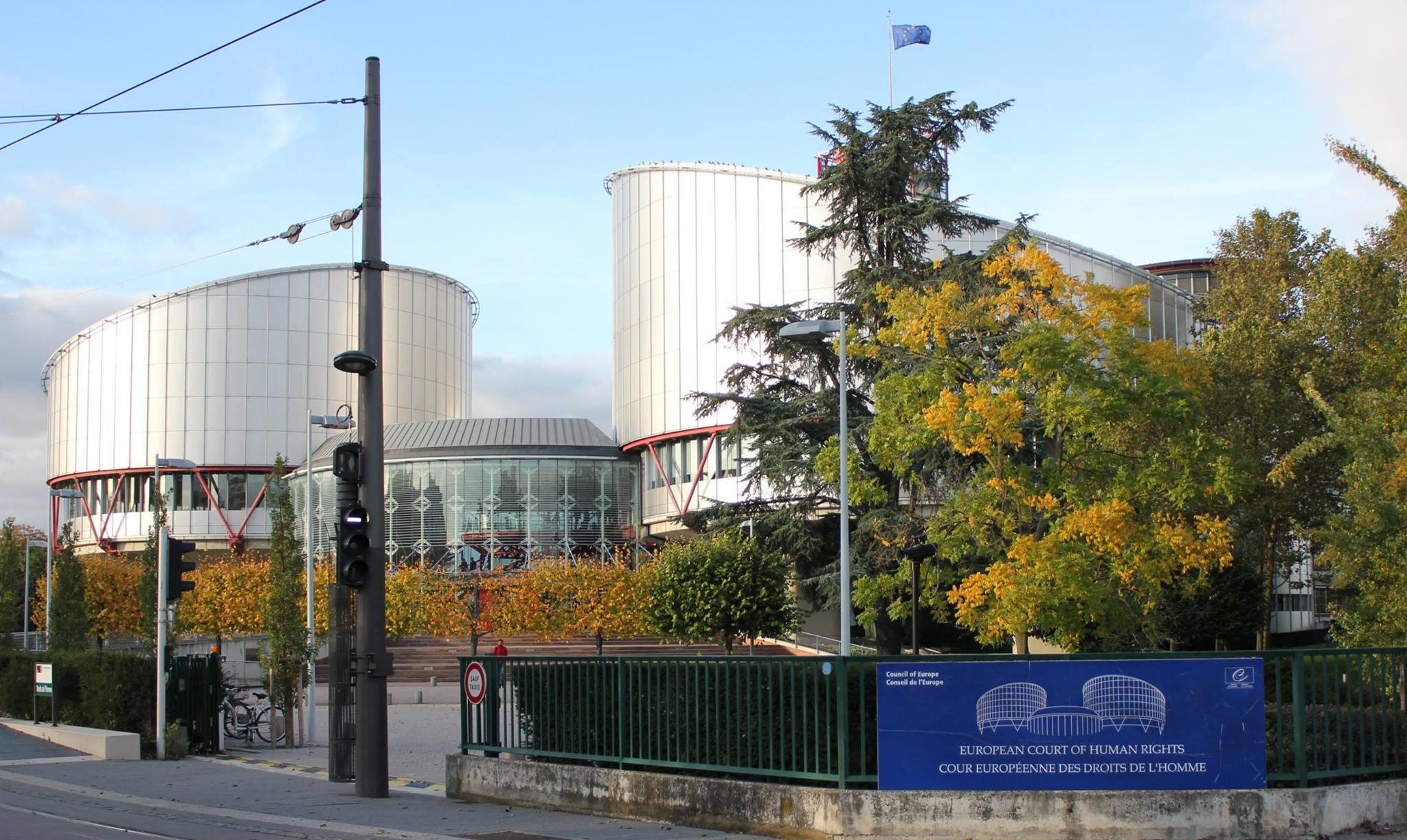
Power outages and writing Iryna Danylovych’s ECHR appeal by hand
Due to frequent power outages in January 2023, Zayets had difficulty submitting an appeal to the ECHR related to the case of Iryna Danylovych – Crimean political prisoner, civic journalist and human rights defender.
“On that day [in January] there was a massive shelling and the electricity went down, so I physically could not print the last few pages of the application form to the ECHR.”
“This also affected the work of the post office… therefore I had to write the last few pages [of the application form] and an explanation to the ECHR by hand – this was the [safest way] in terms of deadlines.”
Human Rights House Crimea consequently supported Zayets with the purchase of a portable power station so that he could continue his work no matter the situation with the electricity. The purchase of the generator was supported within the framework Emergency Support Ukraine (ESU) project.
“That’s why I asked for support [with the purchase of the power generator] – it’s the confidence that if something happens, I will be able to react quickly and continue my work.”
In addition to power outages, Zayets touched upon the overall feeling of exhaustion that working under such conditions leads to. “It’s already the second year [of the war], and it has a great impact on work capacity not only for me but also for many colleagues and you can’t explain it…”
When you wake up to the sounds of sirens and air raids, when it’s just constant stress and uncertainty and only people who have experienced it can understand it.
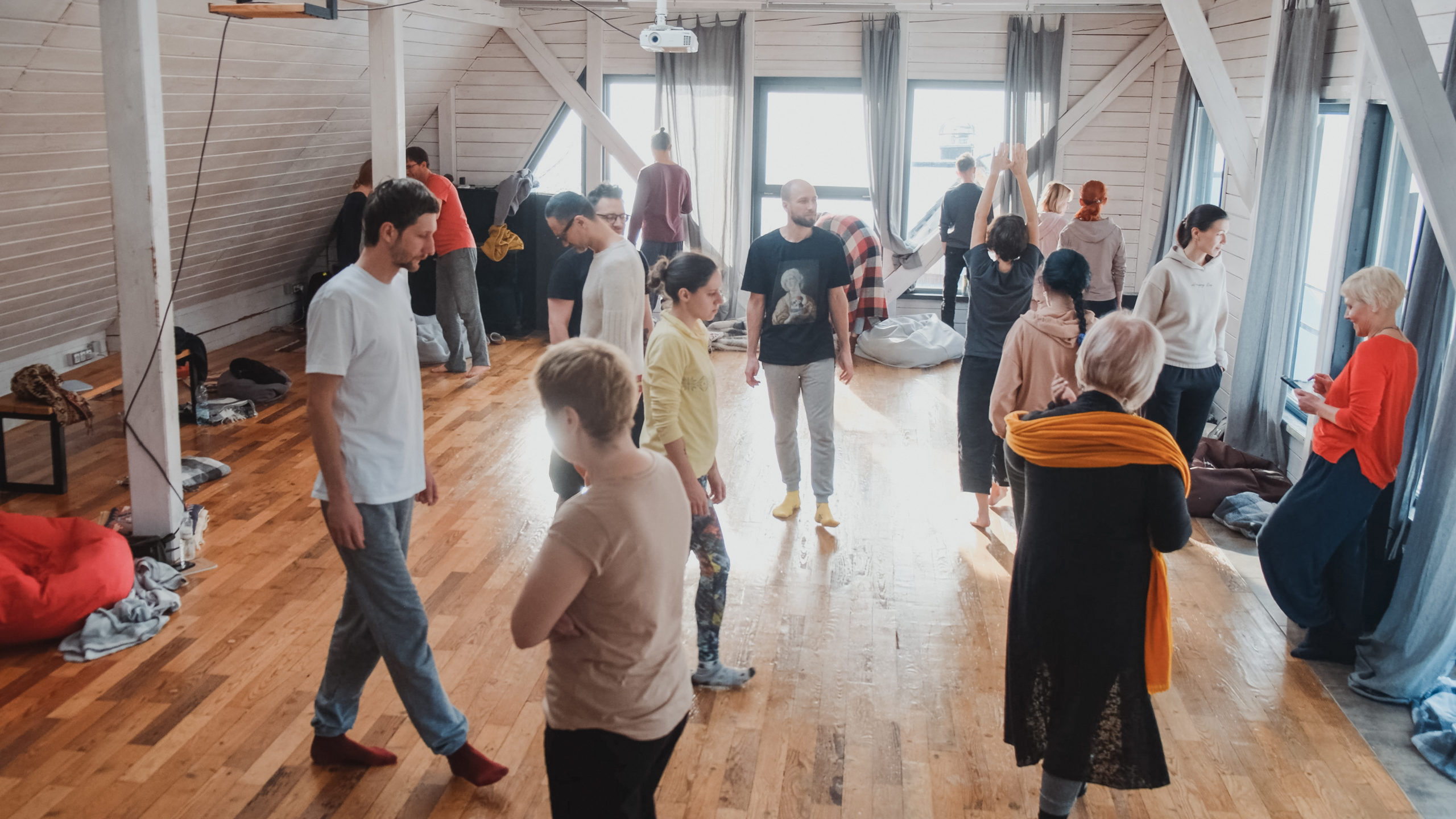
The work of human rights defenders is key to shine a light on what is happening in Crimea
“Now I feel that the topic of Crimea is back on the agenda. But behind all the bloody events, against the general background of constant deaths due to the war, a Crimean who is in a Russian prison is pushed aside.”
“Russia acts through constant escalation: the occupation of Crimea, the war in Donbas, and then a full-scale invasion. Add to this the Syrian crisis – when Russia bombarded Syrian cities, causing a huge number of refugees in Europe. This all is escalation. And it turns out that each subsequent event pushes the previous one into the background.”
Everything happening in Crimea is generally in the shadows and almost invisible. We must not let the persecuted be forgotten, and the work of their relatives, human rights defenders and human rights organisations is essential here.
One of Zayets’ strategic cases at the ECHR is related to the mass displacement of the population caused by Russia’s illegal annexation of Crimea, and again further by the full-scale invasion. Zayets’ work on this case is in cooperation with the European Human Rights Advocacy Centre and Regional Press Development Institute.
Zayets explains that this case had to be built from scratch due to the lack of international practice: just semi-official commentaires to the Guiding Principles on Internal Displacement mention potential third party responsibility (in this case, Russia) only briefly.
Russia must be held accountable
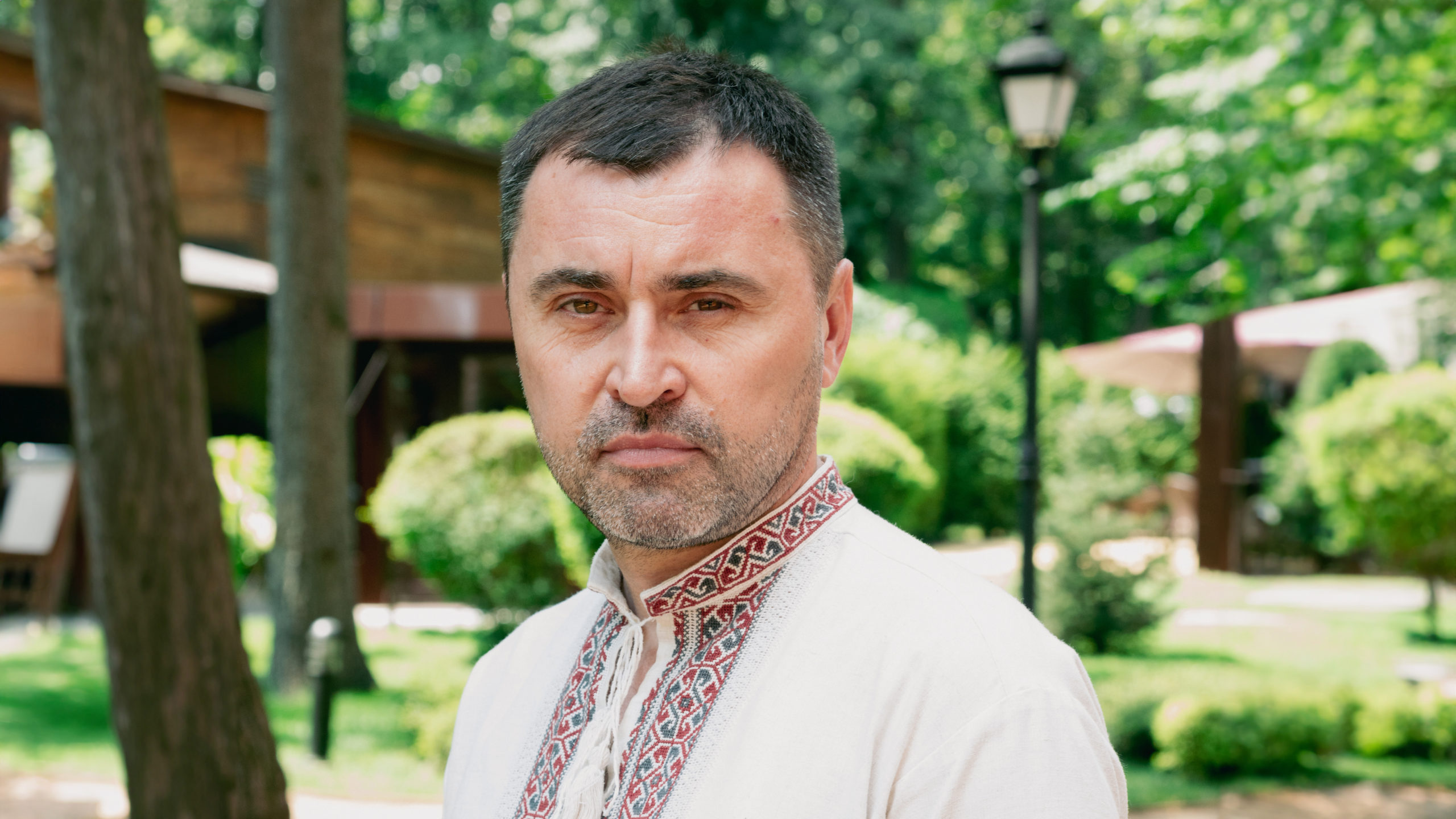
“Strategic cases are built by comparing less obvious violations with more obvious ones. [In the case of] Crimea, there is quite complex argumentation, where the connection of annexation and the mass displacement of people must be made, as well as making the distinction from economic migration.
“This case arose out of an intuitive feeling, a strong feeling that it [illegal annexation and mass displacement] should not be like that… I submitted an application in September 2014 – on my own behalf – there was not much argumentation.”
“There are about a dozen of such [Crimean] cases now [in the ECHR]. The applicants are completely different – from successful notaries who were forced to stop practising and flee, and ordinary people who did not have any strong political position before the annexation – or even pro-Ukrainian sentiments, to those who suffered political persecution.”
“The issue becomes more obvious when it concerns double displacement [as a result of the full-scale invasion]. There are also triple displacements – for example, people who left Chechnya, received Ukrainian citizenship, settled in Crimea before 2014, had to move again [due to annexation], and again due to a full-scale invasion when they found themselves under fire. When you put it all together, it becomes clear. Russia should be held responsible for this.”
Together with UHHRU, Zayets also worked on the case of Crimean children who lived in the orphanages and, following the annexation in 2014, Russian citizenship was imposed on them and they were offered for adoption to Russian citizens. “We are unlikely to be able to help these children, but talking about it is important. This case is on the verge of genocide in terms of international criminal law. The problem here – it was not paid attention to before, but the issue became massive after the full-scale invasion when children were simply taken away by the busload… ECHR [refused the request for interim measures, but] issued a press release, which means that this is an important case, this does not happen often.”
“Currently, there are no relations with Russia and there can be no such relations, and there are no international mechanisms to influence this [situation in Crimea]. So what we do now is not really hoping for a miracle, but you can call it that way. The strategy is that if we do nothing, nothing will happen. We do not know if what we do will be needed, but it must be done when and if the situation changes – this is the meaning of the work now. We have to bring Crimea back from the shadows. Even the Hundred Years’ War ended. And this war will be over one day. We need to ensure that such are prevented violations in future”
Crimean political prisoners
“When I communicate with the persecuted and their relatives, I tell them that this [legal protection] will not significantly affect their immediate situation, but it must be done – the minimal effect we get is that the person is not forgotten. This could be demotivating, but I know and see where we are going.”
According to the Crimean Human Rights Group (a member organisation of Human Rights House Crimea), there are at least 204 verified political prisoners related to Crimea as of 29 September 2023. This number includes 154 Crimean human rights activists, journalists and regular citizens and 50 verified cases of Ukrainian citizens kidnaped and transferred by Russia from the occupied territories of Kherson and Zaporizhia to Crimea or to Crimea and later to Russian territory.
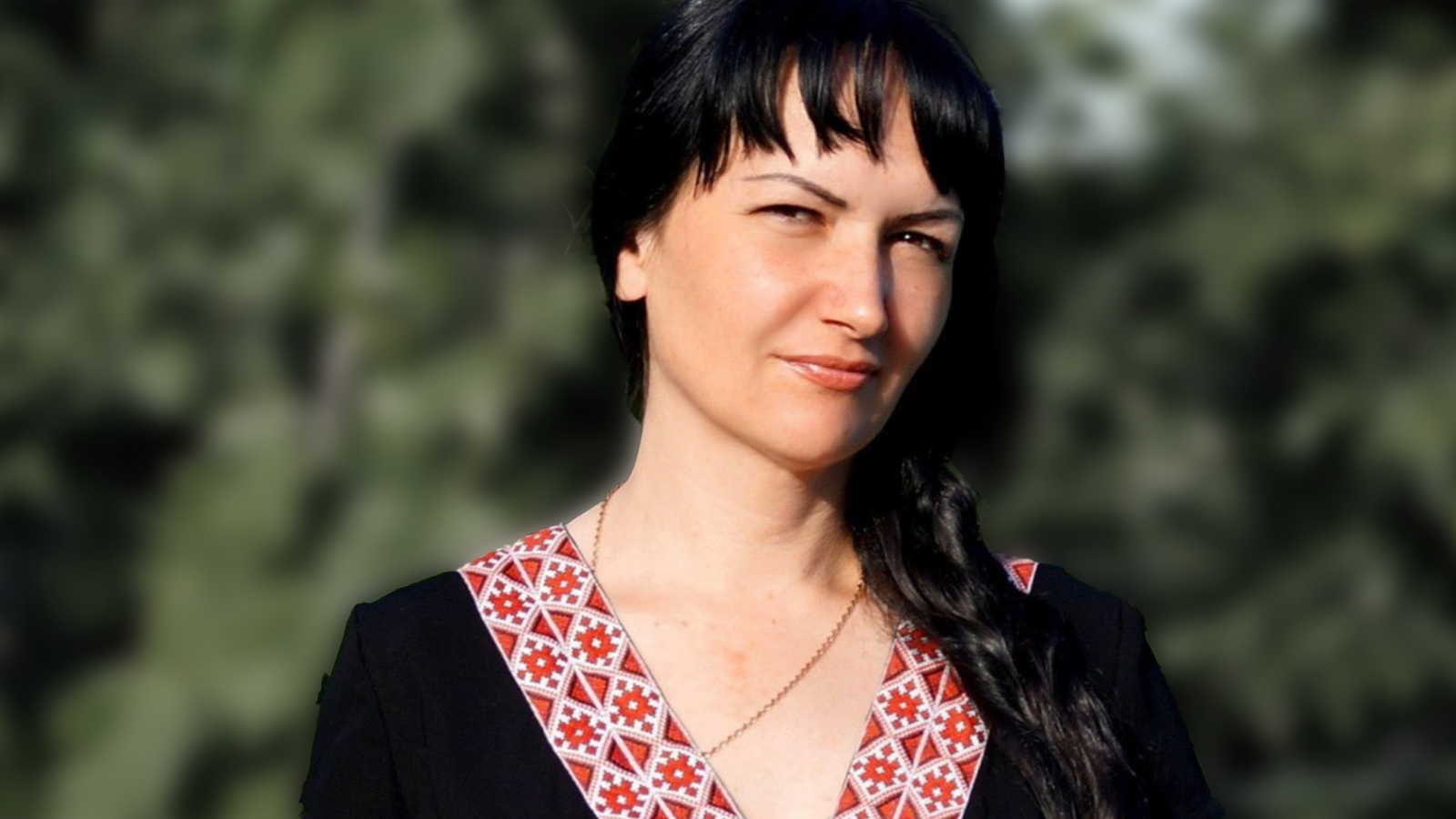
Among Zayets’ priority political prisoner cases this year are cases at ECHR supported by Crimea SOS related to the illegal detentions of human rights defender Iryna Danylovych, and Kherson resident Oleksiy Kiselyov, a co-founder of Pereselenec’ – SOS (Displaced Persons SOS), an NGO that works to help IDPs. Zayets also represents Crimean Solidarity associated civic journalist Amet Suleymanov at the UN Committee against Torture.
According to their relatives and lawyers, Kiselyov was illegally arrested in the form of abduction in Henichesk, Kherson region and transferred to Crimea, while Danylovych and Suleymanov (among the 21 political prisoners from the Jafarov-Sharing list) were recently deported from Crimea to Russia in July and August 2023 respectively.
PACE rapporteurs have urged the Russian authorities to reverse the decision to transfer Suleymanov from house arrest to prison and called on the Russian government to secure his immediate release.
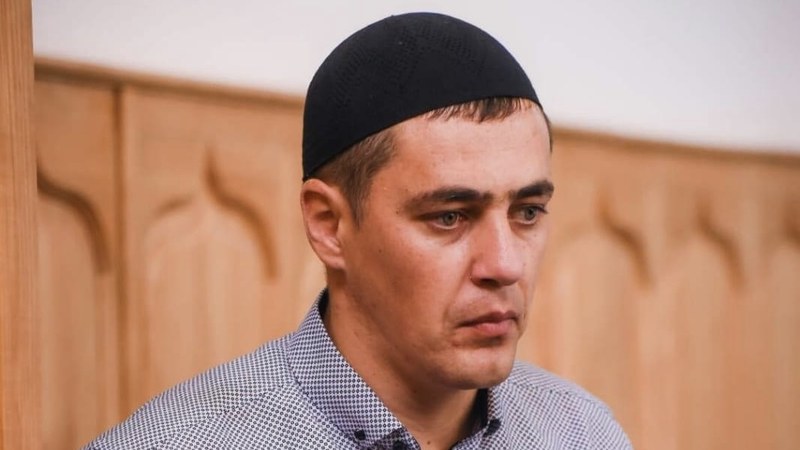
Zayets shares that it is difficult to differentiate political from non-political cases in Russia-controlled Crimea, saying that “everything related to Ukraine and the pro-Ukrainian position causes a very sharp reaction from the Russian authorities. Most of the persecuted are ready to ‘fight’, though they often understand that they won’t get anything [from legal protest], and maybe they will lose everything, but they want to at least have this case in the European Court of Human Rights, so that it doesn’t get lost and maybe become an element of the struggle”.
Talking about criminal prosecutions with political motives, Zayets emphasises on the two main difficulties faced by the legal representatives of the politically persecuted: “First – whatever you do [as a lawyer], it doesn’t work. Russian authorities do not respond to the legal arguments, this just doesn’t work. The second is the atmosphere of fear and demotivation among lawyers.”
Zayets says that his approach to these cases is that everything that can potentially help the persecuted should be done.
“It feels more hopeful and reasonable to talk about it, although no one knows what will happen next… My position is that those Ukrainians who are [held hostage] by the Russians in the broad sense and who appealed their cases to international bodies have a better chance of escaping than those unknown.”
“Constant [international] attention creates inconvenience for the [Russian] system. And in general, the hope for the situation [the system] to change is already a reason to use legal mechanisms to influence and affect the fate of people.”
Emergency Support Ukraine (ESU) is a regional project that provides opportunities for emergency support for Ukrainian civil society and independent media in the wake of the full-scale Russian invasion. ESU is funded by the European Union and implemented by ERIM-led coalition of partners including Human Rights House Foundation.



